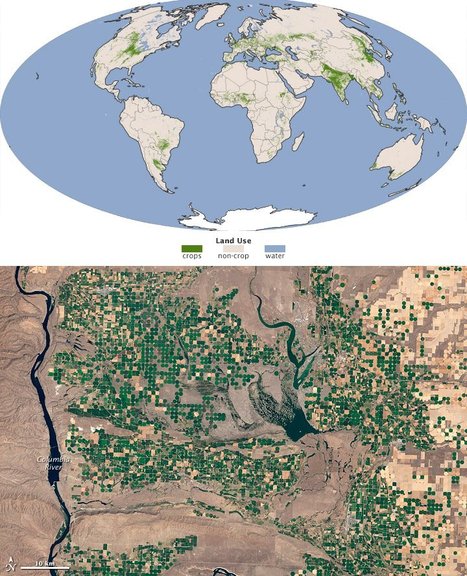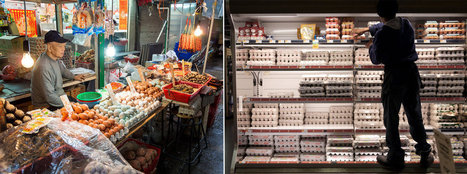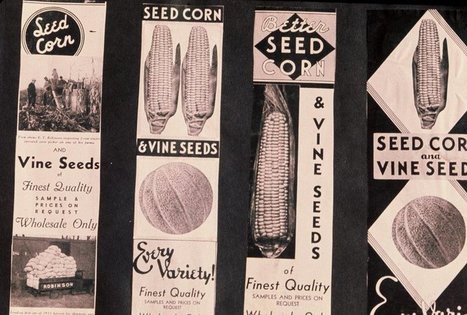Western countries throw out nearly half of their food, not because it's inedible -- but because it doesn't look appealing. Tristram Stuart delves into the shocking data of wasted food, calling for a more responsible use of global resources.

|
Scooped by Dennis Swender |



 Your new post is loading...
Your new post is loading...











